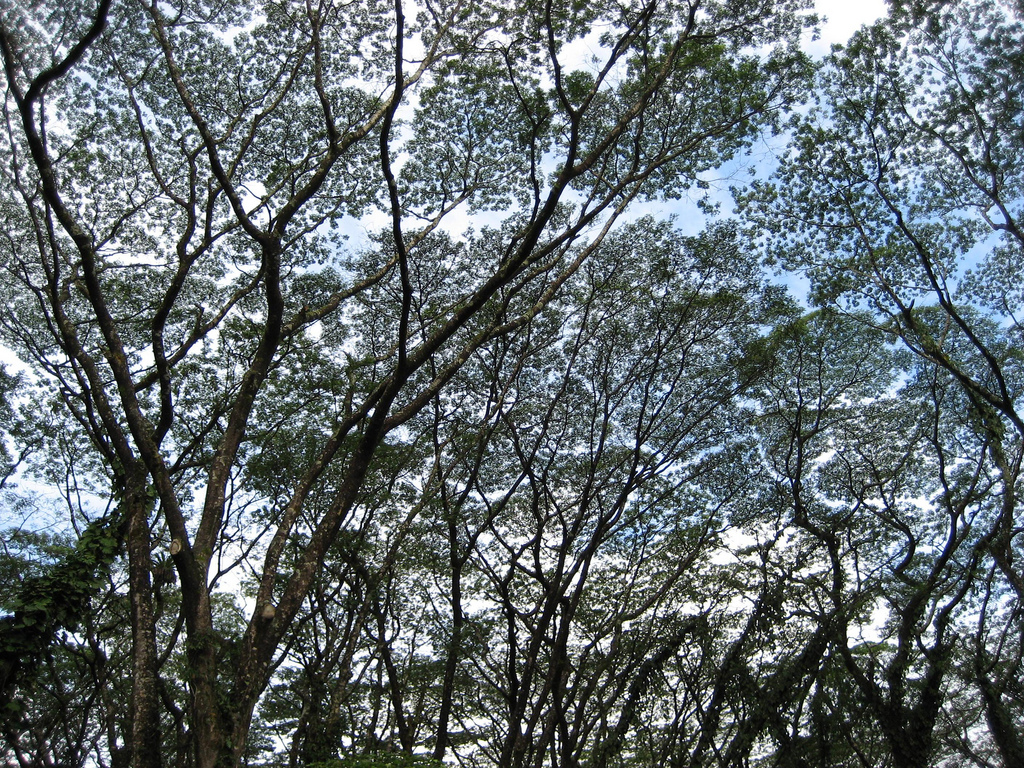TOGGLE COLUMNS (on/off):ADJUST COLUMN POSITIONS: select the column header cell and drag it where you want. show me!COPY INDIVIDUAL COLUMN(S): use CopyTables, a browser extension.
| Contribute a translation | Source (English) |
|---|---|
Lift the olive branch and say: | |
The olive branch, what is the reason for this? | |
We raise the olive branch as a symbol of responsibility, identification and hope. | |
We raise this branch in sorrow because each and every year, olive trees, the source of livelihood for Palestinian families, are intentionally chopped down, burned and uprooted. In attempting to exercise their right to work their lands, farmers repeatedly put themselves in danger. Both the human being and the trees of the field are desecrated, and there is no earthly law or judge (ein din v’ein dayan). Only a few are guilty, but all are responsible.[1] Rabbi Abraham Joshua Heschel. | |
On Tu biShvat, we are taught that the trees cease to drink from the rains of the past year and begin to be nourished from the rains of the current year (Yerushalmi Rosh Hashanah 56a). However, into the old and the new waters have fallen the tears of the dove of peace whose feet cannot find a resting place (Genesis 8:9) because the earth has become filled with violence (Genesis 6:11). The olive branch has become bitter in her mouth – a symbol of strife. | |
We raise this branch as a symbol of identification with those Israelis and Palestinians who are doing everything in their power to change this reality and make enemies into friends[2] Pirke Avot d’Rebbi Natan. by planting, pruning, plowing and harvesting together, despite the voices of hate and incitement from both sides. | |
May it be Your will that the fruit of the olive, symbol of the World of Yetsirah/Creativity[3] Pri Ets Hadar. inspire us to create justice and peace out of the basic materials of the soil, the fruit of the soil, and the human spirit (adamah, pri adamah, v’ruakh ha-adam) so that by the time evening falls (Genesis 8:11) we will reconnect the olive branch to the root of the soul (shoresh nishmato). | |
May we thus beat our swords into plowshares and our spears into pruning hooks…so that every person may sit under their vine or fig tree and none shall make them afraid (Micah 4:3-4) and the land shall know tranquility (Judges 3:11, etc.) and all of its inhabitants will rejoice. |
This supplement to the annual seder for Tu biShvat was written by Rabbi Arik Ascherman of Israel’s Rabbis for Human Rights and shared on the blog of Rabbi Brant Rosen on 29 January 2010. This prayer was cross-posted to the website of Rabbis for Human Rights in Israel at links that are now deprecated. –Aharon Varady
Notes
| 1 | Rabbi Abraham Joshua Heschel. |
|---|---|
| 2 | Pirke Avot d’Rebbi Natan. |
| 3 | Pri Ets Hadar. |

“Raising the Olive Branch in Solidarity with Palestinian Olive Farmers: A Tu biShvat Seder supplement by Rabbi Arik Ascherman (2010)” is shared through the Open Siddur Project with a Creative Commons Attribution-ShareAlike 4.0 International copyleft license.










Comments, Corrections, and Queries